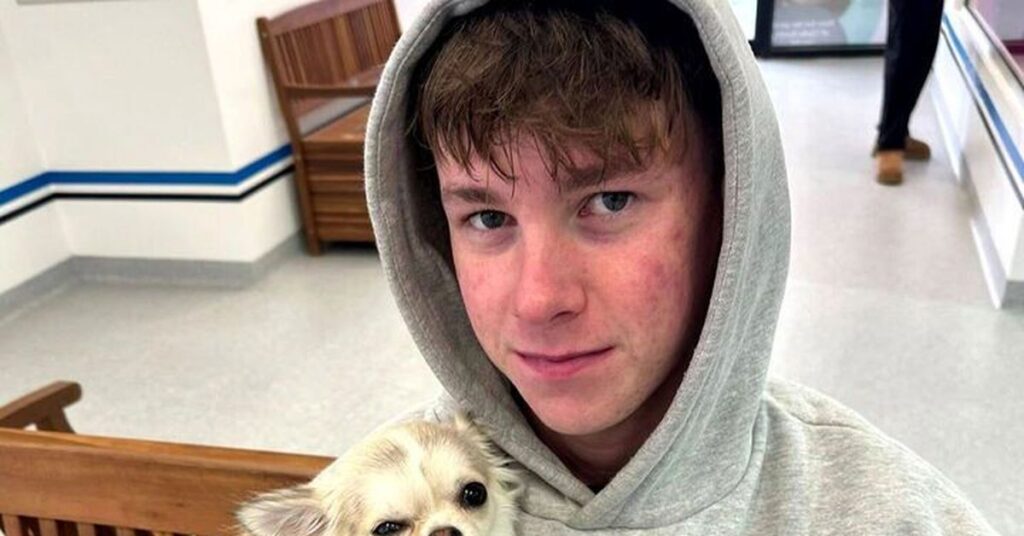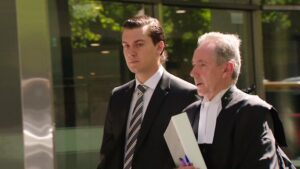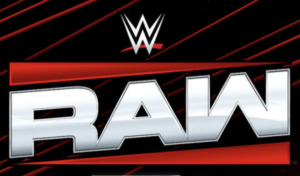
Victorian general practitioners are intensifying their calls for the state government to expand funding for meningococcal vaccines, following the sudden death of 16-year-old Levi Syer-Peterson. The Royal Australian College of General Practitioners (RACGP) is supporting the campaign led by Levi’s mother, Norliah Syer-Peterson, who is advocating for free access to the meningococcal B vaccine.
Levi passed away in September, just a month after receiving immunization against four other meningococcal strains: A, C, Y, and W. “When you go to the doctors, there’s no poster saying have you been vaccinated for meningococcal B, there’s no awareness out there,” Syer-Peterson told A Current Affair.
Understanding the Risks of Meningococcal B
Meningococcal disease is a severe bacterial infection that can lead to life-threatening complications. It spreads through secretions from the nose and throat, making babies and teenagers particularly vulnerable. Syer-Peterson described her son’s symptoms as deceptively mild at first. “It just sounds like a normal bug or virus, that’s how it presented,” she said.
One in 10 people who contract meningococcal B will die. So far this year, there have been 72 cases in Australia, with 14 recorded in Victoria.
Currently, the meningococcal B vaccine is funded by the governments of South Australia, Northern Territory, and Queensland for at-risk residents. However, in Victoria, parents face costs between $400 and $600 for up to three doses.
Calls for Policy Change
Syer-Peterson expressed her willingness to pay for the vaccine had she been aware of her son’s vulnerability. “We’re in a position where we could have afforded to pay for it if we had known about it,” she said, recounting the tragic timeline where Levi died less than 24 hours after symptoms began. “We had a boy that came home with a stiff neck and a tummy ache… to then have him wake up at 1.30am fighting for his life, and by 7.40am he was gone,” she recalled.
The RACGP has joined the call for change. “RACGP is calling for the Victorian government to fund the meningitis B vaccine and to protect all Victorian children from this deadly disease,” said Victoria chair Dr. Anita Munoz. She questioned the rationale of waiting for more deaths before implementing a vaccination program, emphasizing the urgency of the situation.
Government and Pharmaceutical Responses
The Victorian Minister for Health, Mary-Anne Thomas, has acknowledged the issue. The Meningococcal B vaccine, Bexsero®, is currently available through the National Immunisation Program (NIP) for specific groups, including Aboriginal and Torres Strait Islander children under two years of age and people with certain medical conditions.
To date, GlaxoSmithKline (GSK), the company behind Bexsero®, has made four submissions to the Pharmaceutical Benefits Advisory Committee (PBAC) for broader listing, with the last positive recommendation in 2019.
The Department of Health, Disability and Ageing continues to engage with GSK, encouraging an updated submission to the PBAC. However, as pharmaceutical companies are private entities, they cannot be compelled to apply for NIP listing.
Looking Forward
Norliah Syer-Peterson has initiated a petition to ensure that Victoria aligns with other states in protecting its youth. “I want everyone in Australia to know that meningococcal B is a real disease. It can happen to anyone,” she stated. Her plea is straightforward: “If something’s preventable, what are you waiting for?”
As the debate continues, the question remains whether Victoria will take decisive action to prevent further tragedies. The call for free meningococcal B vaccination is not just a plea for policy change but a demand for proactive health protection for all children in the state.







